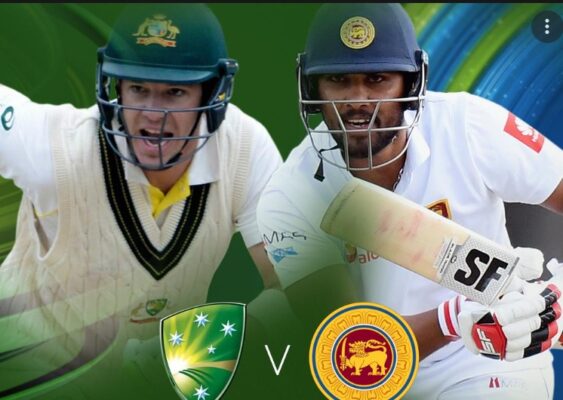Time to review the number of reviews in the Decision Review System (DRS)-by Senaka Weeraratna

Source:Lankaweb
The recently concluded Sri Lanka – Australia Test series though it brought joy to Sri Lanka due to the magnificent performance of our cricketers also produced recriminations in Australia.
Both Steve Smith and David Warner were subject to heavy criticism for wasting a pair of reviews on clear-cut lbw decisions in the second innings of Australia. The match ended in an innings defeat for Australia in the Second Test against Sri Lanka.
Smith was accused of Totally lacking in broader match awareness with so many batters to follow and fielders around the bat.” The Australian cricket writer Peter Lalor remarked: One of the worst reviews you will see.”
Darren Berry, former Victoria captain said: That is a very poor review. Need to be accountable and honest at both ends irrespective of the player absolutely plumb.”
ESPN Cricinfo journalist Himanshu Agrawal opined: Labuachagne not firm enough to tell his senior partner that the review would be wasted.” But others couldn’t understand how Smith came to make such a poor decision. Commentator Adam Collins said: I’ve seen a lot of bad reviews – they happen. But Smith’s is one of the worst ”.
Labuschagne was criticized by some saying he was deferring to the status of Smith when he i.e., Smith, was seeking team member support to go ahead with a review.
However, the real turning point of the game occurred when Chandimal edged behind a ball off Starc on 30, on day three, with Australia out of reviews and unable to overturn the on-field call of not out. Chandimal went on to score an unbeaten 206 runs which was a match-winning performance.
Proposal for Reform of DRS
The DRS when it was originally proposed by Senaka Weeraratna in a letter published in the ‘Australian’ Newspaper dated March 25, 1997, called for 5 reviews, as follows:
Any objection that a two-tier appeal process would unduly protract or destabilize the game can be met by limiting the number of appeals against the on-field umpires’ decisions to five per side per inning. Such a restriction would contain a possible excessive number of appeals by forcing the players to use this right of appeal sparingly. Nevertheless, this would give an aggrieved side a chance to have some of the significant on-field umpiring errors corrected by the Third Umpire”.
It is time to review the number of reviews allowed in the Decision Review System (DRS). Three per inning is insufficient for a Test match. As we can see the Steve Smith and David Warner type of reckless conduct can deprive a team playing hard and with commitment of the true fruit of its labour. A distorted outcome is a result that the ‘Player Referral’ philosophy underlying DRS was meant to prevent.
If this had happened in a world cup final a player seeking reviews without a broader match awareness and the impact a reckless review appeal to the Third Umpire would have on the outcome would rue the day, he acted callously.
The moment the limited number of appeals per inning is exhausted we are back in the pre-DRS era, where video playback showed the error of the on-field umpire but the same technology was not employed to correct the error.
The objective of the DRS is to achieve accuracy in umpire decision-making. Not necessarily to attain perfection but reduce imperfection. When wrong umpiring decisions are allowed to stand the integrity of the game comes into question.
Submission
The Cricket Committee of the ICC must review the number of Umpire Reviews allotted to a team per inning in all formats of the game. It is submitted that the following proposals be considered:
1) Test Match – increase the number of reviews to five (5) per inning
2) One Day International – increase the number of reviews to three (3) per inning
3) T 20 – increase the number of reviews to two (2) per inning
Conclusion
While admitting that umpiring errors are also made by the system of video arbitration, it is nevertheless a superior system of adjudication because far fewer umpiring mistakes are made now than in the past.
The uncertainties of cricket have always added to the excitement and attraction of this sport. But where adjudication is concerned, nothing but certainty in the accuracy of umpiring decisions and prevention of wrong umpiring decisions to stand would win players and public confidence in the integrity of the game.
Senaka Weeraratna
July 17, 2022







